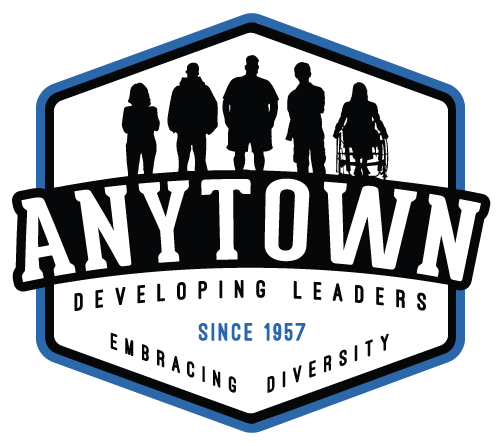As Black History Month comes to a close, I find myself reflecting on which Black figures in history I heard brought up in conversations, on posts, or in school.
Being in college, I am able to receive a much more comprehensive education on Black figures and take classes in subjects like African American studies.
Looking back at high school though, I remember all we ever really learned about was MLK, Rosa Parks and sometimes a little bit about Malcolm X, though never in a very positive light.
His desire for non-violent protest and the actions of the Black Panthers are very easily brushed over and pushed to the side by most teachers. They fall victim to an education system that needs history to look a very specific way.
Real history scares people.
Just look at the banning of AP African American studies in Florida. Governor DeSantis of Florida said much of the curriculum “lacked educational value.” It hurts for such a high-ranking government official or really anyone to say my history lacks educational value when so much of my people’s contributions to America have helped shape the country. In school, we are often reduced to only the times of our struggles. We are slaves being beaten and sold, an “economic issue” of free labor during the civil war, and rebellious menaces for the Civil Rights Movement.
While these are all very important issues of African American History, it hurts that Black joy and beauty are hardly ever taught in schools. We often barely learn about our contributions to art and music with the Harlem Renaissance. Success like Black Wall Street and its violent burning by a white mob are ignored. Even very influential figures from the Civil Right Movement like Bayard Rustin are left out. These things matter in how I have come to exist as an African American man today, so why shouldn’t they matter to everyone? They are a part of American history and should be taught in the core curriculum of schools; but many like me know that with the current climate of American education, that would be too much to ask for.
To have an elective course though for students is an amazing first step, especially for it to be an AP course used for college credit for students, perhaps leading to further studying into African American studies beyond high school. Then to have governments like Florida strike down even the inclusion of an elective course in their schools, feels like progress may never come.
The College Board is an accredited organization monopolizing a lot of advanced education in America. I was quite surprised to hear that Florida would fight even them when the news broke. Even if an organization that caters to rich-white America couldn’t create a program that governments like Florida approve of, then what aspects of African American culture and history could be taught?

Kenyan Cole-Suggs
Anytown Intern
Anytown Alumni, Northwestern University
